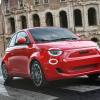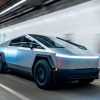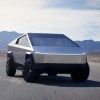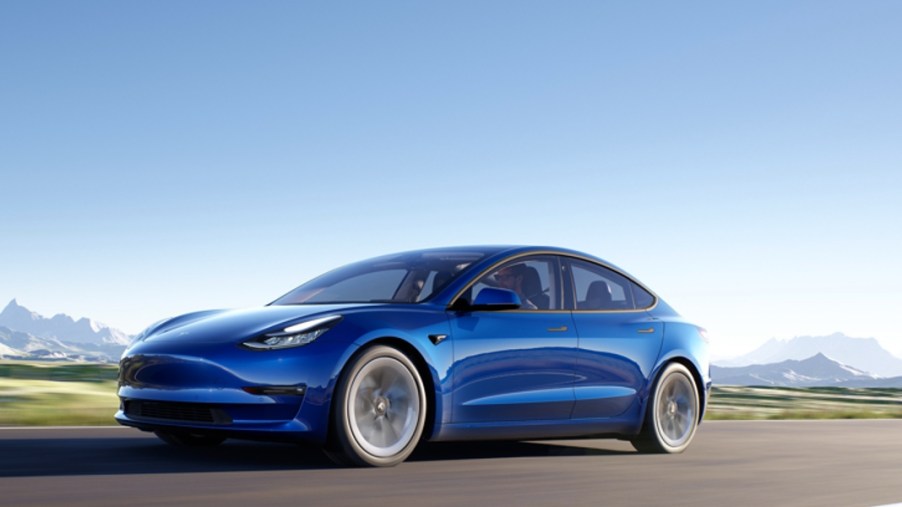
New EV Battery Technology Is About to Quietly Change Electric Cars for the Better
Electric vehicles are easily one of the most controversial topics in the automotive industry. EVs can potentially reverse much of the damage that burning fossil fuels like gasoline has caused to the Earth. They can help future generations breathe easier, both literally and metaphorically. Despite all the positive byproducts of shifting from a reliance on fossil fuel to electricity, some automotive enthusiasts are still resisting the rise of EVs. Thanks to new battery technology, ICE lovers are about to lose one of their biggest argument points.
Rise of the EV
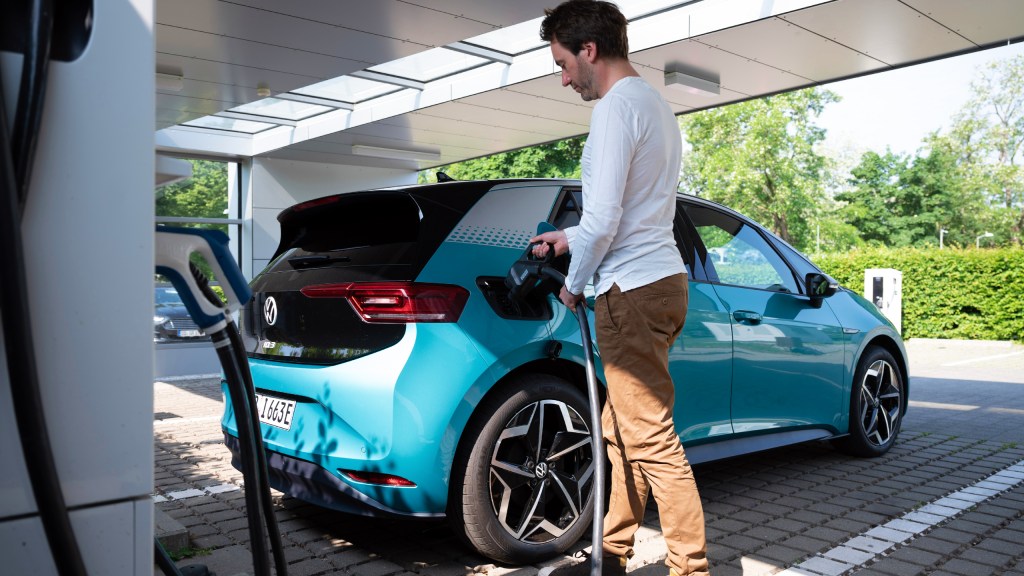
In 1997, Toyota mass-produced the Toyota Prius, a hybrid vehicle that ran on an internal combustion engine and electric motor. After that, other automakers gradually began to produce hybrid vehicles, but they were still hardly competitors to standard gas-powered automobiles. Then, in 2006, a small Silicon Valley startup announced its plan to create electric sports cars. That company was Tesla. Today, Teslas are the most common EV on the road.
How did a new car company survive decades of ridicule and go on to become one of the most successful automobile manufacturers in the world? Several cases can be made for the company and its eccentric CEO, but the bottom line is gasoline may not be a sustainable fuel source in a world where carbon emissions have become a global issue. Thus, the argument for a transition to EVs may seem cut and dry, but practicality is a huge argument point for those on the side of gasoline.
The problem with EVs
Like most new technology, EVs will experience a few kinks before achieving maximum performance. Electric motors, batteries, and charge time are the biggest pitfalls to owning some of the EVs currently on the market. Companies like Tesla may have optimized their vehicles to run on electricity, but the rest of the auto industry is still adjusting.
Lithium-ion batteries in EVs are prone to catching fire or freezing because of their chemical makeup. Graphite electrodes that the majority of EV batteries use could benefit from some improvement to extend battery life. Solid-state batteries, batteries that use solid electrolytes like ceramic, are becoming a much better alternative.
Are electric vehicles on the brink of world domination?
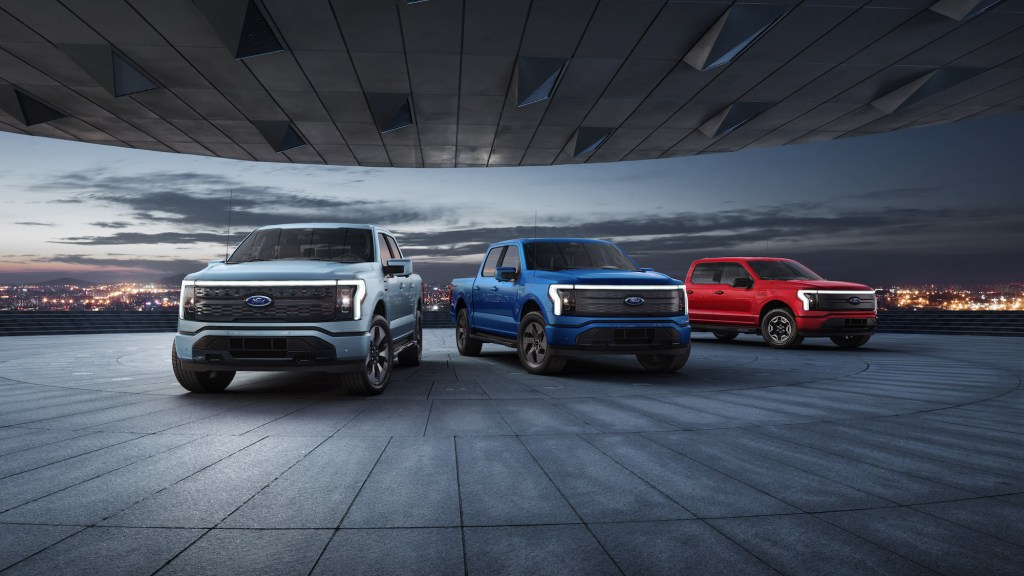
Companies like BMW and Ford are already developing batteries similar to solid-state batteries. These batteries recharge vehicles so quickly that the process would be no different than filling up the average gas tank. General Motors is also working on wireless battery management, which will cut down on expensive and dense copper wiring that makes current EV batteries so cumbersome.
Some electric models will soon double in battery life. Solid-state batteries can boost watt-hours per kilogram power density to 400 compared to the 254 watt-hours per kilogram batteries that companies like Tesla currently use. These new batteries are still in development and are projected to produce 600 watt-hours per kilogram. In other words, electric vehicle batteries are about to be a whole lot stronger and last a whole lot longer.
With companies like Ford fully committing to the transition to EVs, there isn’t much stopping new and improved batteries from world domination. If consumers think that hybrids and EVs are just a phase, look no further than the Ford-F150 Lightning. If Ford is making electric trucks, chances are EVs and their batteries are here to stay.
